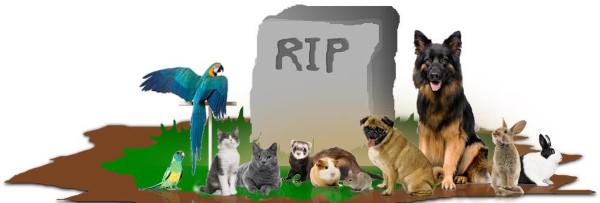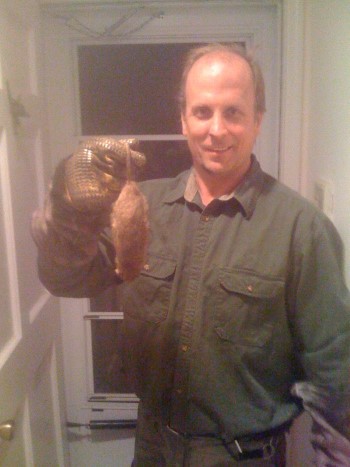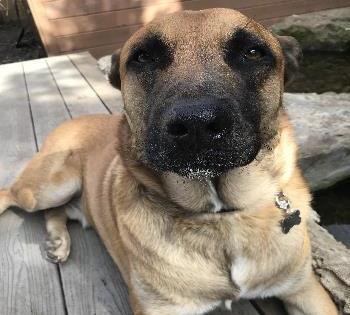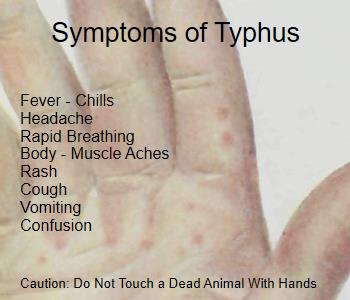The Smell of 'Death'
DEAD ANIMAL REMOVAL NASSAU COUNTY, NY
SIGNS OF A DEAD ANIMAL
NASSAU COUNTY'S BEST DEAD ANIMAL REMOVAL SERVICE
Perhaps the only thing worse than a living wild animal in your home is a dead one. Finding a dead animal in your residence or on your property can be an unsettling experience for any Long Island resident. The unfortunate truth, though, is that every animal sooner or later dies. Whether it is a dead opossum in the yard, a raccoon in the attic, or a rat behind a wall of your Nassau County home, immediate action should be taken to remove the deceased wildlife. Click here for FREE ROADKILL REMOVAL IN NASSAU COUNTY. To get a free price quote on dead animal removal from your residence, business, or property, contact Dead Animal Removal Services of Nassau County at 1-800-631-8727.
GETTING RID OF A DEAD ANIMAL NASSAU COUNTY, NEW YORK
Removing an animal carcass can be an extremely unpleasant and nerve-racking task. Consequently, a better option is to hire a professional animal removal service to dispose of perished wildlife. Our Nassau County wildlife removal services are carried out using the most advanced techniques. Dead Animal Removal Services of Nassau County finds solutions to issues using a decision-making plan that takes into account safety, feasibility, landowner rights, legal, ethical, aesthetic, and financial matters. We are fully licensed and insured and stringently comply with the rules and regulations implemented and enforced by the New York State Department of Environmental Conservation. We routinely remove dead raccoons, squirrels, opossums, bats, foxes, skunks, groundhogs, rats, mice, and birds, including pigeons.
DECEASED PET REMOVAL LONG ISLAND, NEW YORK

The loss of a beloved family pet can be extremely painful. We wish you comfort and peace during this difficult time. Long Island Pet Cremation offers various services, including individual cremation and burial options for your pet.

HOW TO FIND A DEAD ANIMAL NASSAU COUNTY, NEW YORK
There may be a carcass of a raccoon or opossum in plain sight lying on your front lawn. However, this is not always the case, and very often, a search needs to be done to find the dead critter. People often contact us believing that they have a dead animal somewhere in their home because of a "terrible odor." A decomposing animal does produce a terrible odor, but so do many things, including standing water, mold, sewage, and gas leaks. In the absence of flies, there is a good chance that the unpleasant smell in your home is coming from standing water. The standing water may be the result of a plumbing issue, a leak in the roof that is saturating the attic insulation, or water entering your basement through cracks in the foundation. If there is a dead animal within your home, in addition to the dead animal odor, there will always be flies. The flies will be most concentrated in the area where the dead animal is located. The stench of the decomposing animal will be the strongest in the place where the corpse is found. The bodily fluids of a rotting carcass will ooze out and produce a wet spot on a wall or in the ceiling.

For centuries, human beings have been dependent upon the extraordinary power of the dog's nose for patrolling, tracking fugitives from justice and missing persons, or identifying explosives and illegal substances. Nevertheless, organized attempts to use the canine nose in homicide investigations are relatively new, dating back to only the 1970s. Decomposition dogs, also known as cadaver dogs, are trained to pick up the scent of death. Cadaver dogs learn the smell of death at several different stages of decomposition and for different animal species. A decomposing human being has a scent signature that differs from that of other animals. Therefore, a police-trained cadaver dog can distinguish between the scent of a dead raccoon and the scent of a rotting human corpse. A cadaver dog can even locate the whereabouts of a submerged corpse in deep and murky water from the surface. If you have a pet dog, your canine may be helpful in finding the animal carcass. There is a good chance that your dog will lead you right to the location of the dead animal in your residence. Odor detection is a dog's most highly developed sense. Dog's wet noses dissolve the scent molecules and allow them to detect odors that human beings can not perceive. Dogs can detect odors at concentrations nearly 100 million times lower than humans. Canines can identify distinct smells between 1,000 and 10,000 times more effectively than human beings. Humans smell in parts per hundred, and dogs are capable of smelling in parts per trillion.

Alternatively, you can contact a nuisance wildlife control operator at Dead Animal Removal Services of Nassau County, and we will inspect your home. Our wildlife control experts will locate the dead animal, remove it, and sanitize the area. Our dead animal removal prices are contingent upon what would be involved in removing the carcass. We will also determine how the wildlife entered your house and refer you to a licensed Nassau County contractor who specializes in wildlife damage repairs and wildlife exclusion. The best solution to unwanted animals entering your home and dying is to prevent their entrance. Pest-proofing your home or business will stop wildlife from seeking shelter in your attic, crawlspace, or walls.

DEAD ANIMALS & DISEASE LONG ISLAND, NEW YORK
Wild animals are frequently infested with ectoparasites such as fleas. Fleas become infected with Typhus when they bite infected animals like rats, opossums, raccoons, skunks, or cats. Typhus is a disease caused by the Rickettsia typhi bacteria. When an animal harboring Typhus-infected fleas dies, the parasites seek a new warm-blooded host. Fleas can transmit Typhus to both animals and humans.
Tularemia, also known as rabbit fever or deer fly fever, is a highly contagious and potentially fatal zoonotic disease caused by the bacterium Francisella tularensis. The disease primarily affects rabbits, hares, rodents, and birds.Tularemia has several modes of transmission from animals to people. Although several insects carry Tularemia, ticks and deer flies are most likely to spread the disease to humans. Tularemia can also be transmitted to people who handle infected animals, including dead animals.

NASSAU COUNTY DEAD ANIMAL NEWS
Dead Rats At A Discount
Four hundred four Family Dollar stores closed as part of a recall after more than a thousand dead rats were discovered at the chain's distribution plant. A consumer complaint had prompted officials from the United States Food and Drug Administration to inspect the West Memphis, Arkansas, facility in January of this year. FDA inspectors found live rats, dead rats in "various stages of decomposition," rat droppings, dead birds, and bird droppings. Inspectors observed rat carcasses on the conveyer belt, rats scurrying across the floor, and rats climbing through pallets containing food items. Federal investigators reviewed company records, which indicated that more than 2,300 rodents were found in 2021, "evidencing a history of rat infestations." Some experts say that these conditions point to a larger pattern of neglect at Dollar Tree, Family Dollar's parent company which has a lengthy record of employee safety violations. The FDA stated that the recall affects six groups of regulated products that may have become contaminated with Salmonella. These include human foods, dietary supplements, cosmetics, animal foods, medical devices, and over-the-counter medications.

Judith McMeekin, the FDA Associate Commissioner for Regulatory Affairs, stated that families depend on stores such as Family Dollar for items such as food and medicine, and people deserve safe products. McMeekin also said nobody should be subjected to products stored in the unacceptable conditions found by the FDA at the Family Dollar distribution facility. The Family Dollar distribution facility conditions violate federal law and clearly pose a health risk.